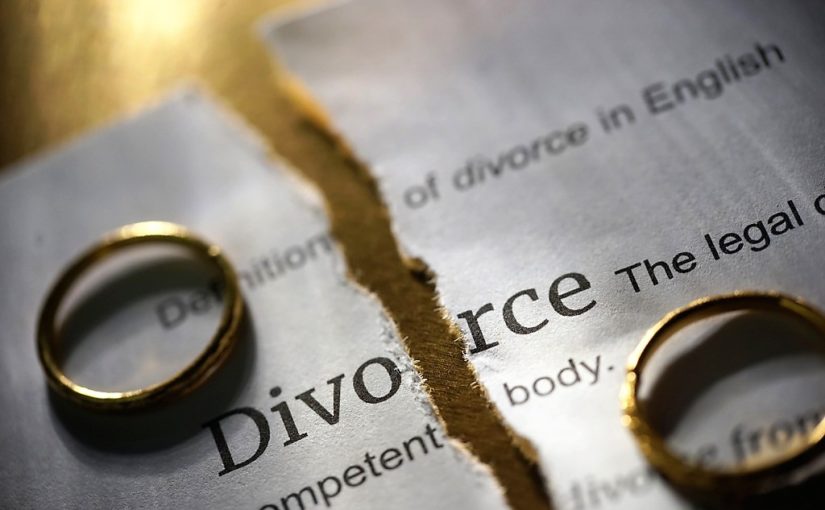We’ve all heard the saying that on their deathbeds, people never regret not having worked more. Nor is it likely that any dying wish would involve wanting to have spent more money on one’s divorce proceedings and litigation.
There is no doubt, divorce is difficult even under the best of circumstances and painful when the conditions are not amicable. It is a transition time in one’s life when, most often, emotions are elevated, which can lead to poor decision making. The following five recommendations are strongly suggested for anyone going through a divorce:
1. Do not let anger and/or revenge motivate you.
You may want your spouse to suffer financially. However, what you may not realize is that so will you and your children, most likely. You will probably spend more money on attorney and Certified Public Accountant (CPA) fees if you let anger dictate your thought process. This means you will have less money for your living expenses (and your children’s, if you are a parent) and/or you will have to dip into savings or retirement accounts — or both. Either way, your financial situation (and ultimately, your children’s, if you have them) will be compromised if you spend an inordinate amount of money on attorney and CPA fees as part of your divorce. Remember, also, that if you do end up in court, you may receive a verdict leaving you less money than you had hoped to secure.
2. Do not let your guilt guide you.
Even though you may have made mistakes or perhaps had done something during the course of your marriage about which you feel guilty, you must live with the results of your divorce settlement for a long time. Be certain to make the smartest decisions during the process so that you receive an equitable result at the end of it all.
3. Do not hide or divert assets.
The bottom line is that you will most likely eventually get caught and it’s not worth the consequences. Even if you somehow manage to escape legalities associated with criminal actions related to your divorce proceedings, the truth has a way of surfacing at some point, (whether you want it to or not) so you may as well be honest from the start.
4. Do not take the advice of friends (without first discussing it with your attorney or CPA).
Unless your friend is a divorce lawyer or CPA, he/she will be guiding you based on biased emotions. Turn to friends for moral support, but do not let their opinions or experiences influence your decision making. They are not you; their ex-spouse is not your spouse; their financial situations aren’t yours. Lean on them for friendship, not legal or accounting expertise.
5. Do not agree to or sign anything without first discussing it with your attorney or CPA.
Your attorney and CPA are looking out for your best interests — that is why you hired them. Yet sometimes, in the heat of the moment during a divorce, people are tempted to agree with or sign something that ultimately has adverse financial consequences for them. Be careful and do not let this happen to you. Talk to your attorney and CPA before you make any binding agreements – verbally or in writing.
Please contact Stacey Udell at sudell@hbkvg.com with questions.
